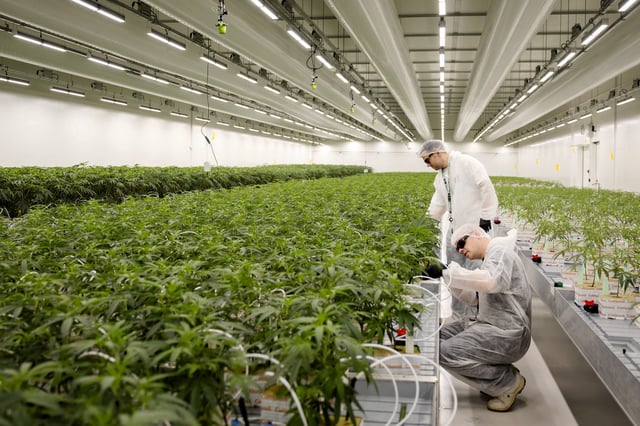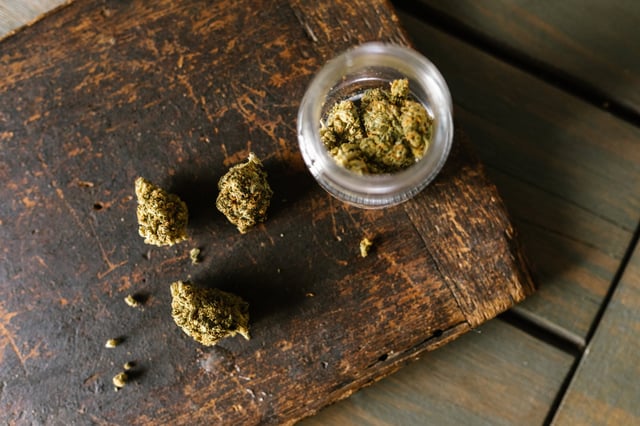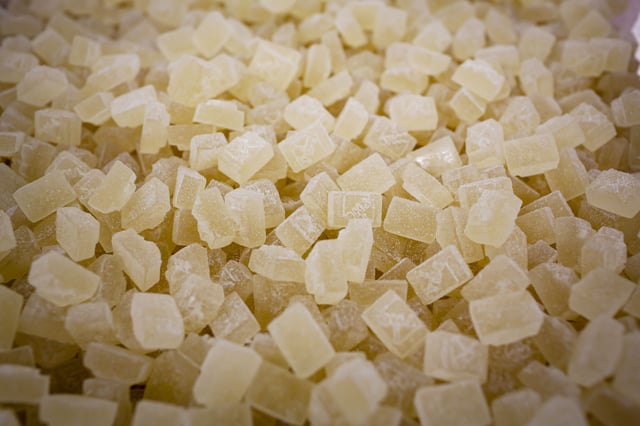Overview
- A JAMA Cardiology study of 55 otherwise healthy adults found regular marijuana smokers had a 42% reduction in vascular function and THC-edible users a 56% reduction compared to nonusers.
- Serum from marijuana smokers reduced nitric oxide production in cultured endothelial cells by 27%, whereas THC-edible users’ serum showed no such effect.
- Higher frequency and potency of cannabis consumption correlated with greater endothelial dysfunction, indicating a dose-dependent relationship.
- Previous analyses of over 4.6 million adults under age 50 linked cannabis use to up to a sixfold higher risk of heart attack and a fourfold increase in ischemic stroke.
- Researchers urge clinicians to include cannabis use in cardiovascular risk assessments and call for larger, long-term studies to determine safe usage levels.



